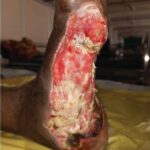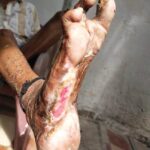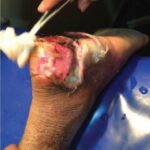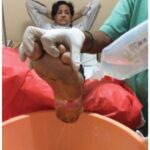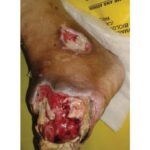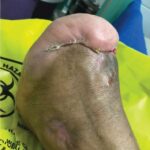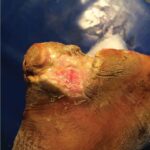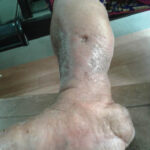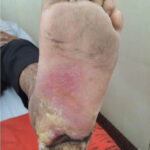Diabetic Foot Ulcer Treatment At Anwar Laboratories
Our non-surgical treatment for diabetic foot ulcers is a comprehensive and effective approach that focuses on wound care, infection management, and promoting healing without the need for invasive procedures. Through advanced wound dressings, debridement techniques, and offloading devices, we aim to create an optimal environment for the ulcer to heal. Our team of healthcare professionals works closely with patients to develop personalized treatment plans, addressing any underlying conditions such as poor circulation or neuropathy. With a focus on patient education and ongoing monitoring, our non-surgical approach seeks to minimize the risk of complications and promote successful healing of diabetic foot ulcers.
Diabetic Foot Treatment Before & After Videos
What is Diabetic Foot Ulcer?
A diabetic foot ulcer is a common and serious complication of diabetes that occurs as a result of poor circulation, nerve damage, and impaired wound healing ability. These ulcers typically develop on the bottom of the foot or around pressure points, making them prone to infection and slow healing. It is important for individuals with diabetes to carefully monitor their foot health, as even minor injuries or cuts can lead to the formation of ulcers. Proper foot care, regular inspections, wearing appropriate footwear, and managing blood sugar levels are crucial in preventing diabetic foot ulcers. If left untreated, these ulcers can result in severe infections, tissue damage, and in extreme cases, amputation. Prompt medical attention and comprehensive care are essential in effectively treating and managing diabetic foot ulcers to prevent complications and promote healing.
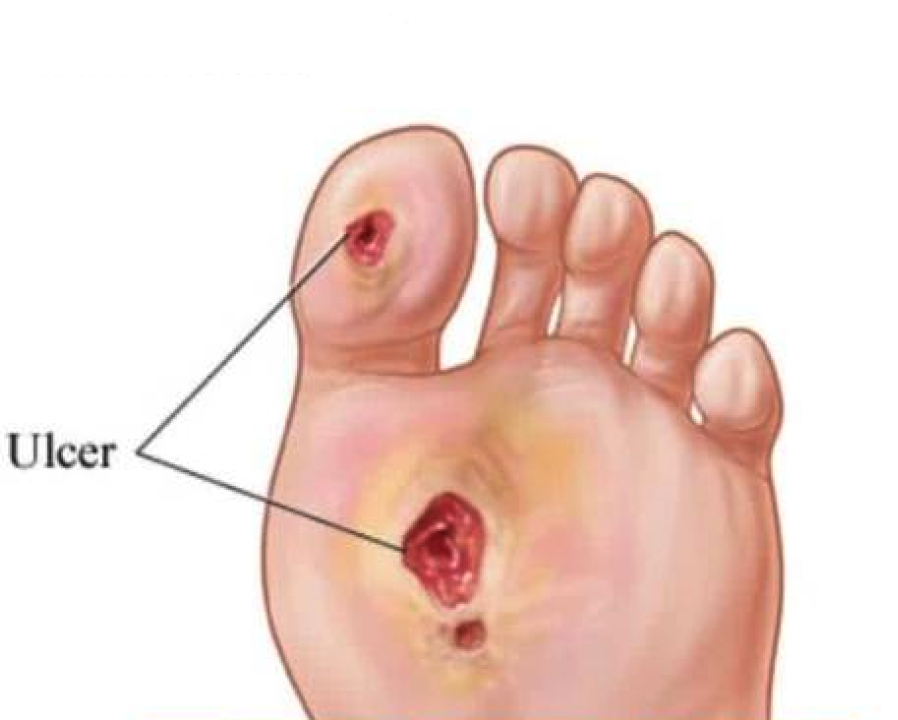
Diabetic Ulcer On Toe Treatment
Our non-surgical approach to treating diabetic foot ulcers on toes is a specialized and targeted intervention designed to address the unique challenges presented by ulcers in this area. By utilizing advanced wound care techniques, offloading strategies, and infection management protocols, we aim to create an optimal healing environment for toe ulcers without resorting to surgery. Our team of healthcare professionals works closely with patients to develop personalized treatment plans that focus on wound care, pain management, and diabetic foot care education. Through a combination of regular monitoring and patient engagement, our non-surgical treatment aims to promote healing, prevent complications, and improve overall foot health for individuals with diabetic foot ulcers on their toes.
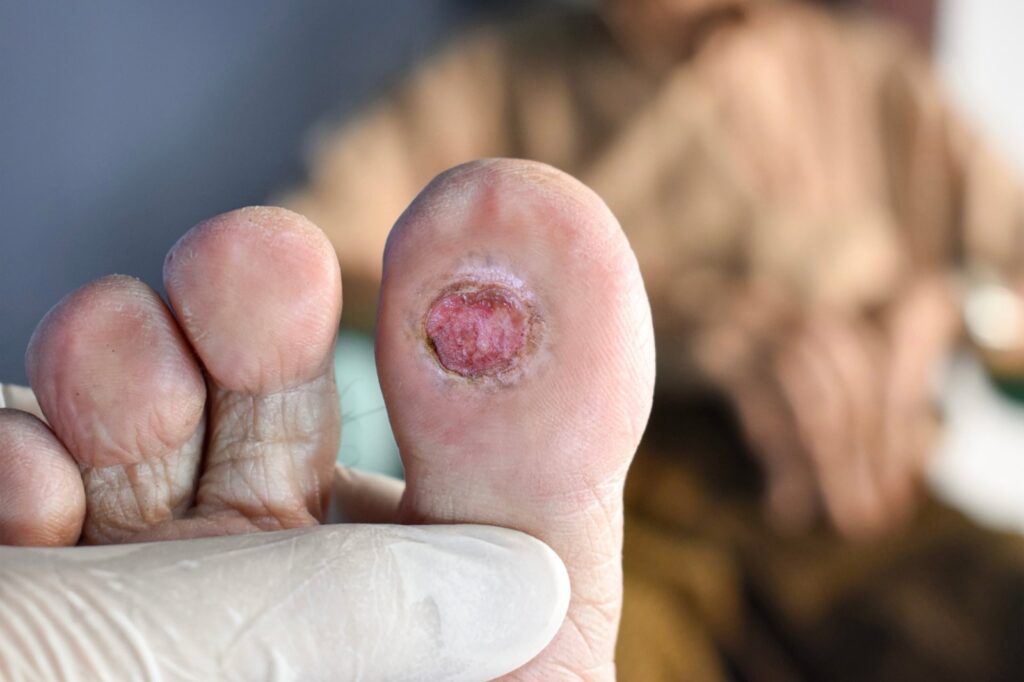
Various Treatment for Diabetic Foot Ulcer By Anwar Laboratories
- treatment of diabetic ulcers on feet
- diabetic toe ulcer treatment
- diabetic foot sore treatment
- cure for diabetic foot
- treatment for diabetic feet
- Diabetic Foot Ulcer Treatment
- Diabetic Foot Treatment
- Diabetic Ulcer on Feet
- diabetic ulcer on toe
- diabetic foot sores
- Diabetic Foot Ulcer
- Diabetic Foot Care
- foot gangrene
- Diabetic Foot
- Diabetic Feet
- Foot Ulcer

